Custom Luxury Modern Homes
Eastland Custom Homes Charlotte, North Caro
Eastland: A Revitalizing Neighborhood in Charlotte, NC
Eastland is an evolving and dynamic neighborhood in Charlotte, North Carolina, that has been undergoing a significant transformation in recent years. Known for its central location and rich history, Eastland offers a unique blend of residential, commercial, and recreational spaces, making it an appealing area for both new and long-time residents. Whether you’re seeking an affordable home, a community on the rise, or a location close to major urban attractions, Eastland has much to offer.
A Glimpse Into Eastland’s History and Evolution
Historically, Eastland was home to Eastland Mall, a popular shopping center that served as a key retail destination in Charlotte for many years. However, as retail trends shifted and consumer preferences changed, the mall saw a steady decline, and it eventually closed its doors in 2010. This marked the beginning of a new chapter for the Eastland area, as city planners and developers began working on revitalization projects to reimagine the neighborhood.
The efforts to revitalize Eastland are focused on repurposing the site of the former Eastland Mall and surrounding areas into a more modern, mixed-use community. These efforts have included the development of new residential complexes, improved public infrastructure, and the addition of retail, dining, and entertainment options. Today, Eastland is a symbol of Charlotte’s forward-thinking approach to urban redevelopment, combining the past with the present to create a neighborhood that is both fresh and familiar.
Residential Appeal in Eastland
As Eastland undergoes its revitalization, it is becoming an increasingly attractive area for homebuyers and renters. The neighborhood offers a variety of housing options, ranging from affordable single-family homes to more modern townhomes and apartment complexes. Many of the homes in Eastland are located on tree-lined streets and feature classic architecture with large yards, providing ample space for families and individuals.
For those looking for more contemporary living spaces, Eastland has seen the development of new residential complexes that offer modern amenities such as fitness centers, swimming pools, and walkable access to nearby parks and shops. The variety of housing options and price points in Eastland makes it a great fit for diverse residents, from first-time homebuyers to families and retirees looking for a fresh start in an emerging neighborhood.
In addition to the variety of homes, Eastland is known for its welcoming, tight-knit community. Residents of the neighborhood often describe the area as friendly and approachable, with neighbors who take pride in their homes and local businesses. Eastland’s sense of community is bolstered by its involvement in neighborhood events, clean-up initiatives, and local programs aimed at enhancing the area and making it an even better place to live.
A Central Location with Easy Access to Charlotte’s Amenities
One of the major selling points of Eastland is its central location in Charlotte. The neighborhood is situated just a short drive from Uptown Charlotte, the city’s business, cultural, and entertainment hub. Whether you’re working in the heart of the city, attending a concert at Spectrum Center, or enjoying a night out in the Noda District, Eastland is conveniently close to all the attractions and conveniences that Charlotte has to offer.
For those who rely on public transportation, Eastland is well-served by Charlotte Area Transit System (CATS), with several bus routes connecting the neighborhood to key areas throughout the city. The neighborhood is also close to major highways, such as I-485 and I-77, making it easy for residents to commute to other parts of Charlotte or even venture outside the city.
While Eastland benefits from its proximity to the bustling activity of Uptown Charlotte, it still maintains a peaceful, suburban atmosphere. This gives residents the best of both worlds—the vibrancy of city living paired with the calm and privacy of a more residential area.
A Neighborhood on the Rise: Revitalization Projects and Developments
The revitalization of Eastland has brought about significant changes in the neighborhood. Developers and city planners have made a concerted effort to transform the area into a modern, mixed-use community that blends residential, commercial, and recreational spaces.
The Eastland Development project, which focuses on redeveloping the site of the former Eastland Mall, is one of the cornerstone projects in the area’s transformation. The new development will feature a variety of housing options, including affordable apartments and homes, as well as retail, dining, and office spaces. The revitalization project is expected to bring new economic opportunities to the area, creating jobs and attracting businesses that will enhance the local economy.
In addition to commercial and residential developments, Eastland is seeing improvements to its infrastructure and public amenities. New parks, sidewalks, and green spaces are being added to improve the overall quality of life for residents. For example, Eastland Park, a local green space, is being revamped to provide more recreational opportunities for families, children, and pet owners. The development of bike lanes and walking trails is also underway, making it easier for residents to enjoy outdoor activities and connect with the surrounding community.
Eastland’s Growing Retail and Dining Scene
As Eastland continues to evolve, its retail and dining scene is also experiencing growth. The neighborhood is home to a number of local businesses, offering a range of services and products for residents. From convenience stores to specialty shops, Eastland’s retail scene is expanding to meet the needs of its growing population.
In addition to its existing businesses, Eastland’s revitalization efforts are bringing in new retail and dining establishments. The addition of restaurants, cafes, and boutiques will give residents more options for dining and shopping right in their own neighborhood. Whether you’re in the mood for a casual meal or a fine dining experience, Eastland is becoming a more vibrant and diverse area for dining and entertainment.
The neighborhood’s proximity to the Walmart Supercenter and Food Lion also makes it easy for residents to get groceries and other essentials. For those who prefer to shop at larger retail centers, Eastland is close to Independence Mall and Shoppes at University Place, offering even more shopping and dining options.
Community Engagement and Local Events in Eastland
Despite being in a phase of redevelopment, Eastland has a strong sense of community. Local organizations, neighborhood associations, and volunteer groups play a key role in shaping the future of Eastland and fostering a sense of pride among residents. Neighborhood events, such as clean-up initiatives, block parties, and holiday celebrations, bring residents together and strengthen the bond within the community.
Eastland is also committed to creating a sustainable and inclusive future. Many of the neighborhood’s revitalization efforts prioritize sustainability, including the creation of green spaces, energy-efficient homes, and eco-friendly businesses. The emphasis on sustainability helps create a neighborhood that residents can feel good about being a part of, knowing that they are contributing to a healthier environment.
A Bright Future for Eastland
Eastland is an up-and-coming neighborhood with a lot to offer. With its affordable housing options, central location, and ongoing revitalization efforts, it’s an ideal area for those looking for an affordable place to live in Charlotte while still enjoying all the benefits of city life. The neighborhood’s mix of residential, commercial, and recreational spaces makes it an attractive option for people of all ages and backgrounds.
As Eastland continues to evolve, it is sure to become one of Charlotte’s most sought-after neighborhoods. With its combination of suburban tranquility and proximity to the heart of the city, Eastland offers the perfect balance for those looking for a fresh start in a neighborhood on the rise.
Client Consultation and Vision Development
- Meet with clients to understand their lifestyle, preferences, and vision for their dream home.
- Offer expert guidance on design choices, materials, and layout to align with the client’s goals.
- Provide an overview of the custom home building process, timeline, and budget expectations.
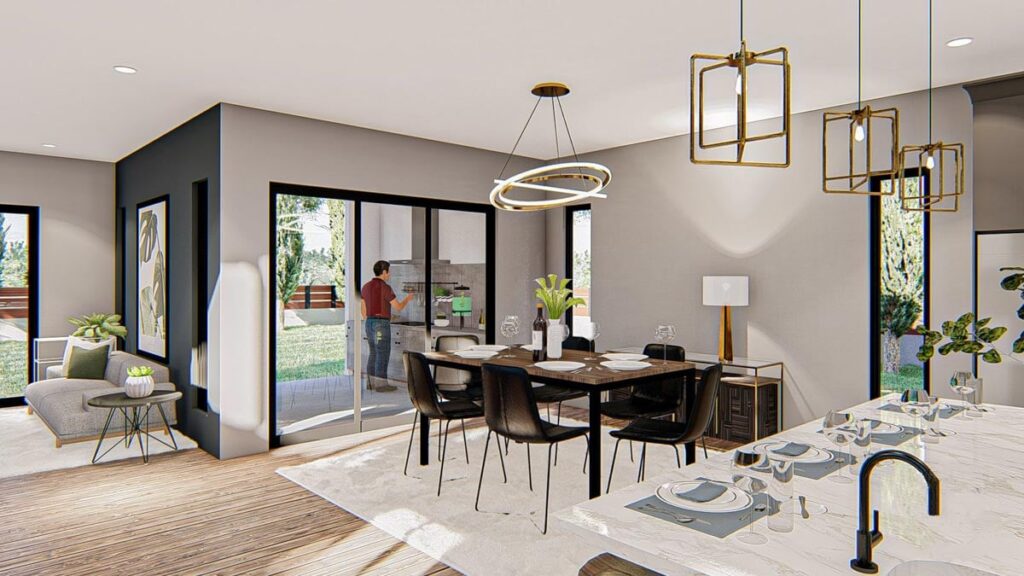
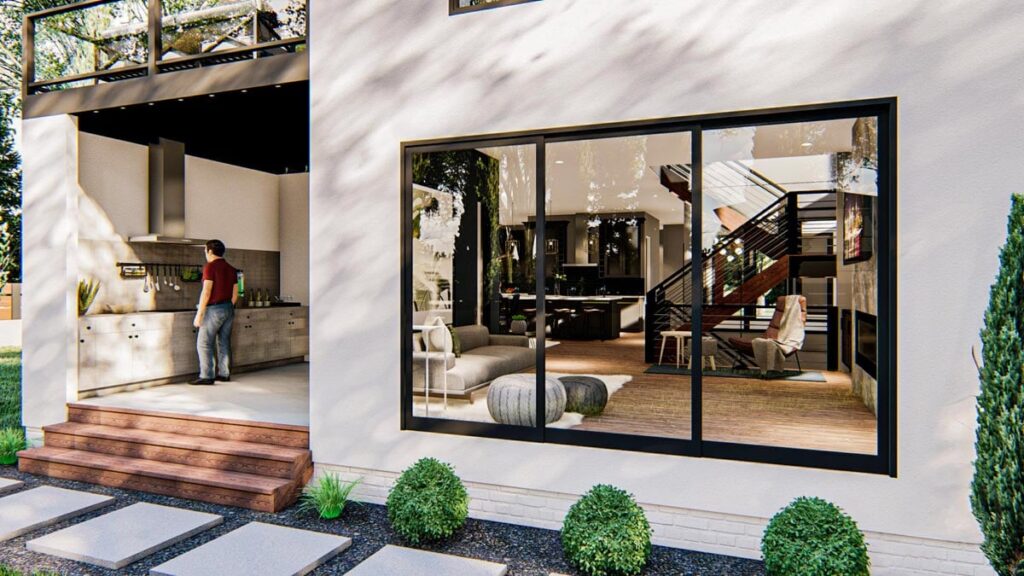
Site Selection and Evaluation
- Assist clients in selecting the perfect lot for their home, considering location, views, and surroundings.
- Evaluate the site’s topography, soil, and environmental factors to ensure feasibility.
- Address zoning laws, setbacks, and other local regulations.

Project Design and Planning
- Collaborate with top architects, designers, and urban planners to create unique, innovative designs.
- Ensure projects are aligned with luxury standards, including sustainability and cutting-edge features.
- Obtain necessary permits and approvals from local governments and agencies.
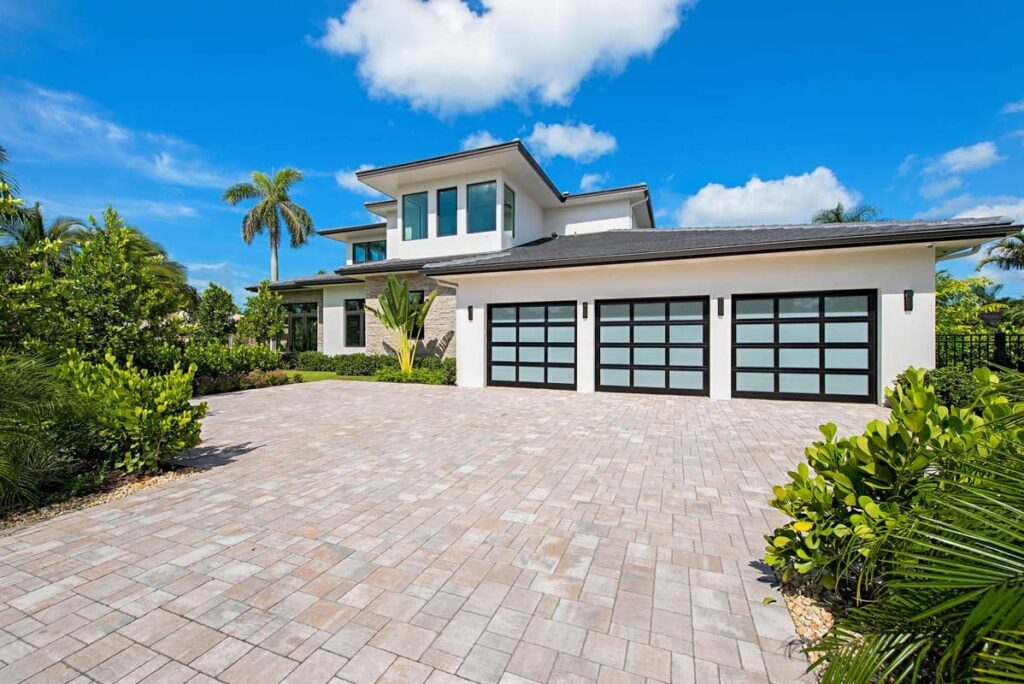
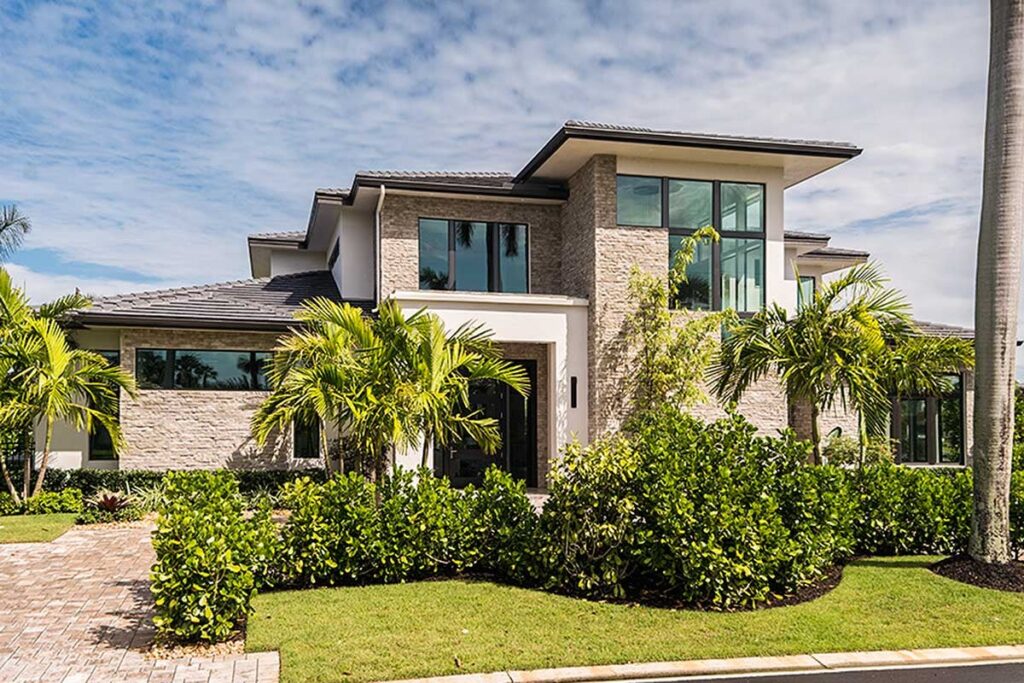
Budgeting and Cost Estimation
- Develop a detailed budget, including labor, materials, and contingency plans.
- Provide transparent cost breakdowns and manage financial expectations.
- Suggest alternatives to maintain quality while optimizing costs.

Project Design and Planning
- Develop a detailed budget, including labor, materials, and contingency plans.
- Provide transparent cost breakdowns and manage financial expectations.
- Suggest alternatives to maintain quality while optimizing costs.


Permitting and Legal Compliance
- Obtain necessary building permits and approvals from local authorities.
- Ensure compliance with building codes, safety standards, and environmental regulations.
- Handle all paperwork related to construction, inspections, and legalities.

Material Selection and Procurement
- Source premium materials, finishes, and fixtures from trusted suppliers.
- Present clients with options for flooring, countertops, cabinetry, lighting, and more.
- Ensure all materials meet luxury standards and align with the overall design vision.
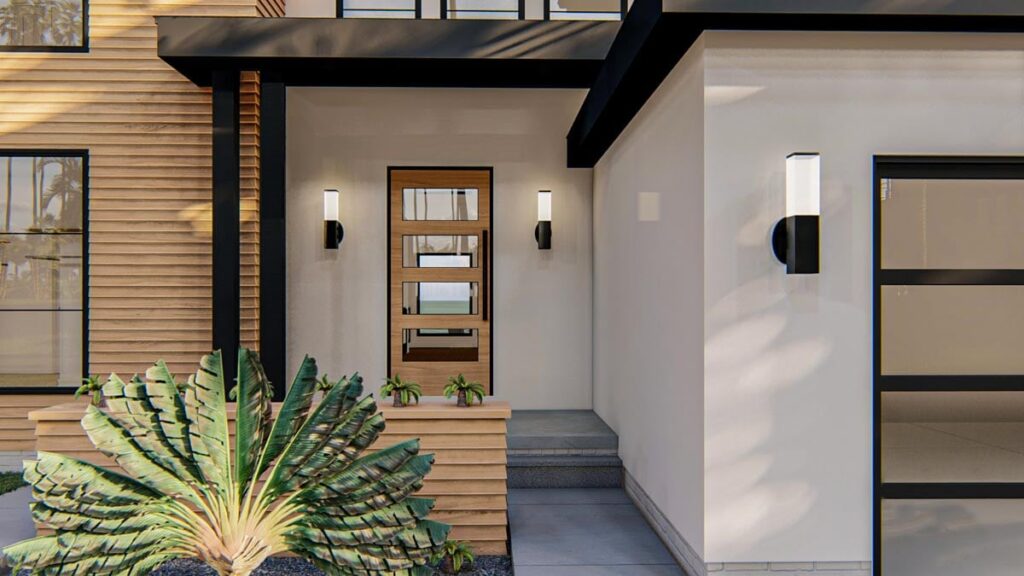
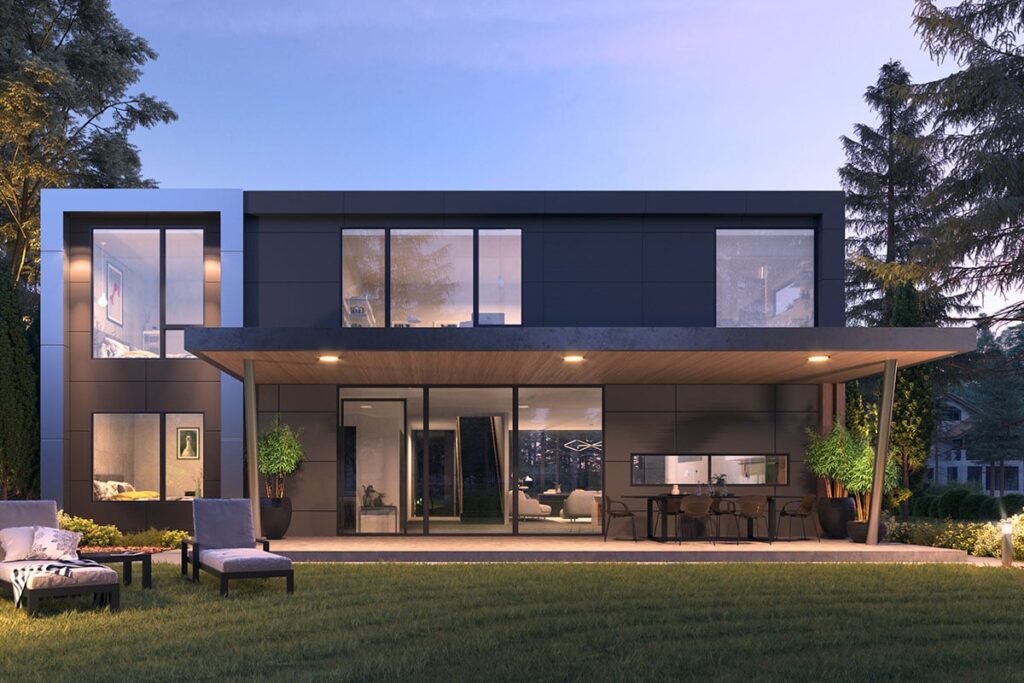
Construction Management
- Oversee all phases of construction, from site preparation to final finishing touches.
- Hire and coordinate subcontractors, including electricians, plumbers, and painters.
- Ensure projects stay on schedule and within budget while maintaining the highest standards of craftsmanship.

Quality Control and Inspections
- Conduct regular site visits to monitor progress and address issues proactively.
- Schedule and oversee inspections to ensure work meets or exceeds industry standards.
- Focus on details, such as seamless finishes, precision in installation, and structural integrity.

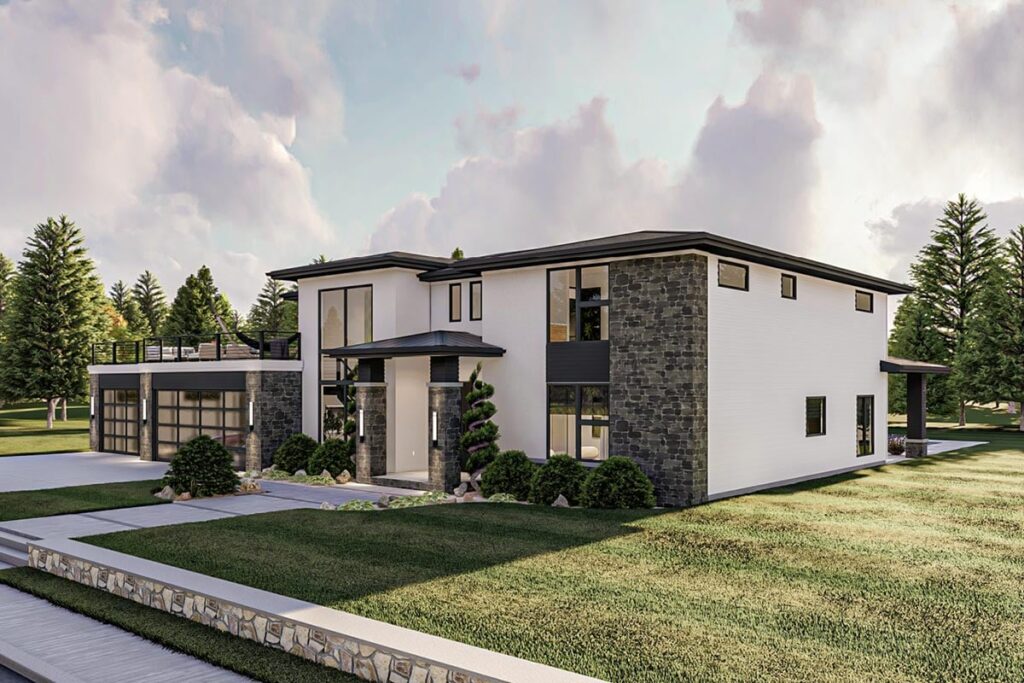
Customization and Personalization
- Incorporate bespoke features like wine cellars, home theaters, gourmet kitchens, or spa-like bathrooms.
- Integrate cutting-edge technology, such as smart home systems, automated lighting, and security systems.
- Adapt plans during construction to accommodate client requests or changing preferences.

Luxury Amenities and Sustainability
- Incorporate luxury amenities such as infinity pools, custom landscaping, or private gyms.
- Use sustainable building practices and eco-friendly materials.
- Offer energy-efficient solutions, such as solar panels, geothermal systems, and high-performance insulation.
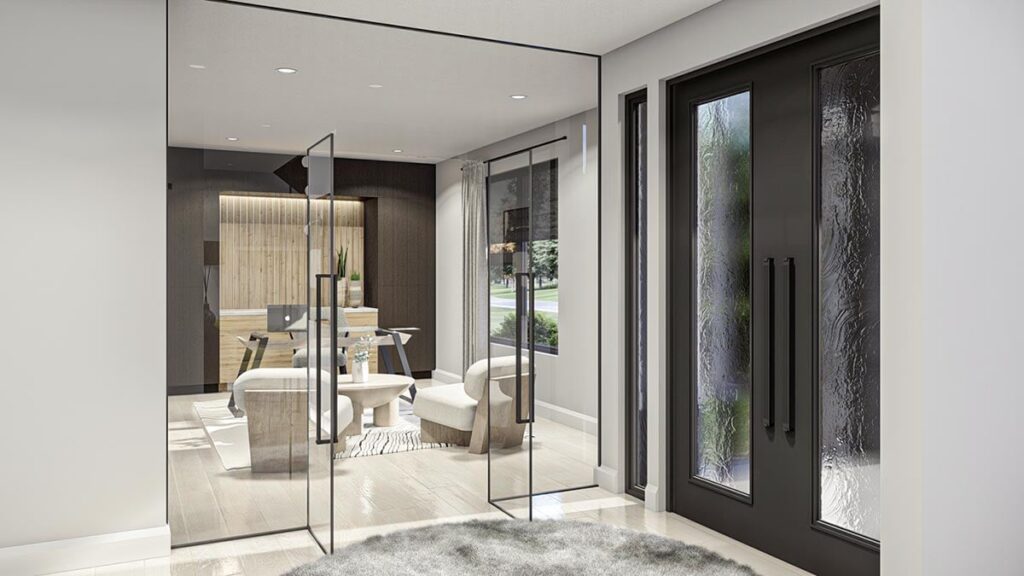
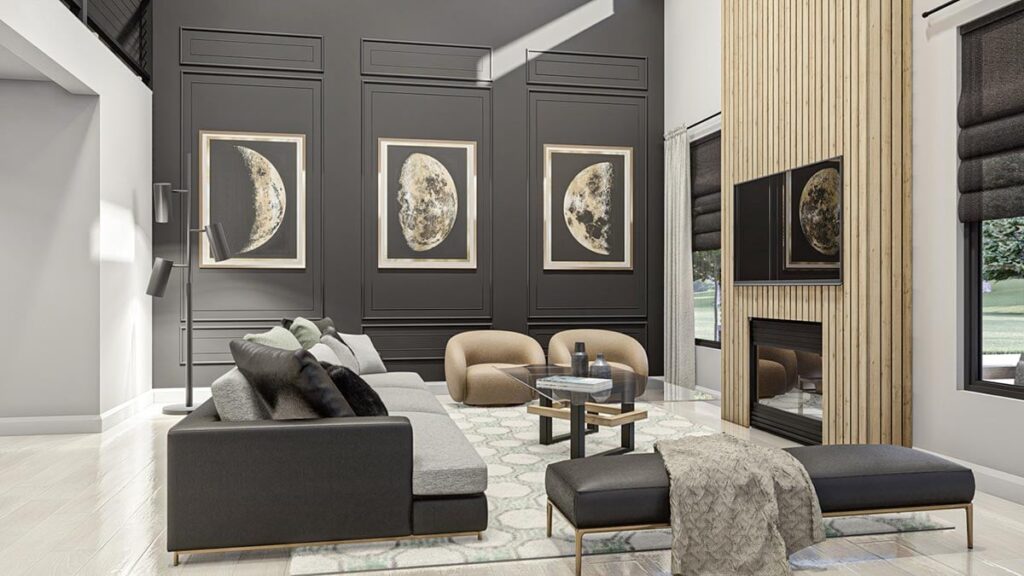
Client Communication and Updates
- Maintain open lines of communication with clients throughout the building process.
- Provide regular updates on construction progress, challenges, and milestones.
- Use project management tools or apps for real-time collaboration and transparency.

Interior Design and Finishing
- Work with interior designers to curate furniture, decor, and art that complements the home’s design.
- Coordinate the installation of custom cabinetry, built-ins, and specialty features.
- Ensure that every detail, from paint colors to light fixtures, reflects the client’s taste and vision.
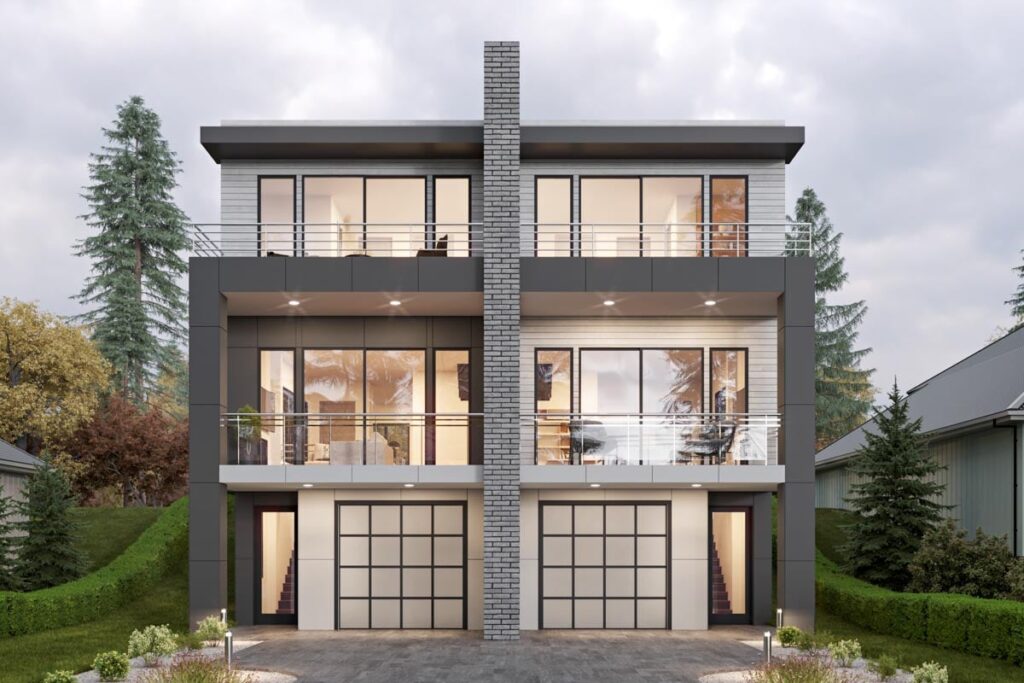
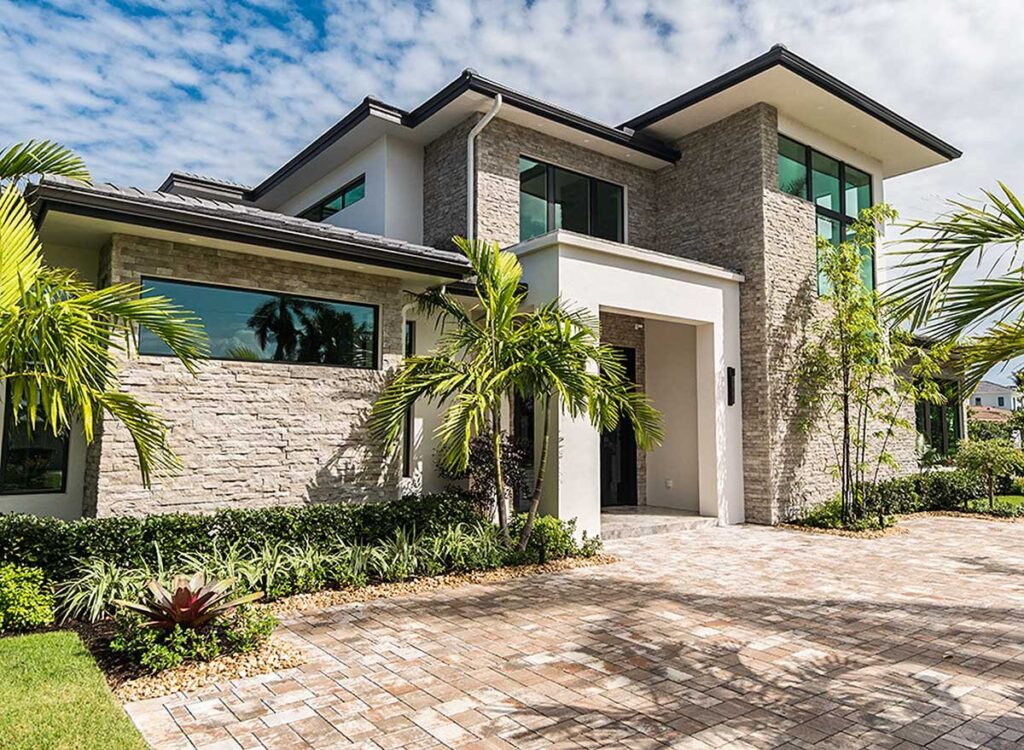
Post-Construction Services
- Conduct a thorough walkthrough with the client to address any final adjustments.
- Provide warranties and a detailed guide on home systems and maintenance.
- Offer ongoing support for repairs, upgrades, or renovations.

Risk and Crisis Management
- Anticipate and mitigate risks, such as weather delays, labor shortages, or supply chain issues.
- Resolve disputes between contractors or address unexpected design challenges.
- Adapt quickly to client changes without compromising the timeline or quality.

